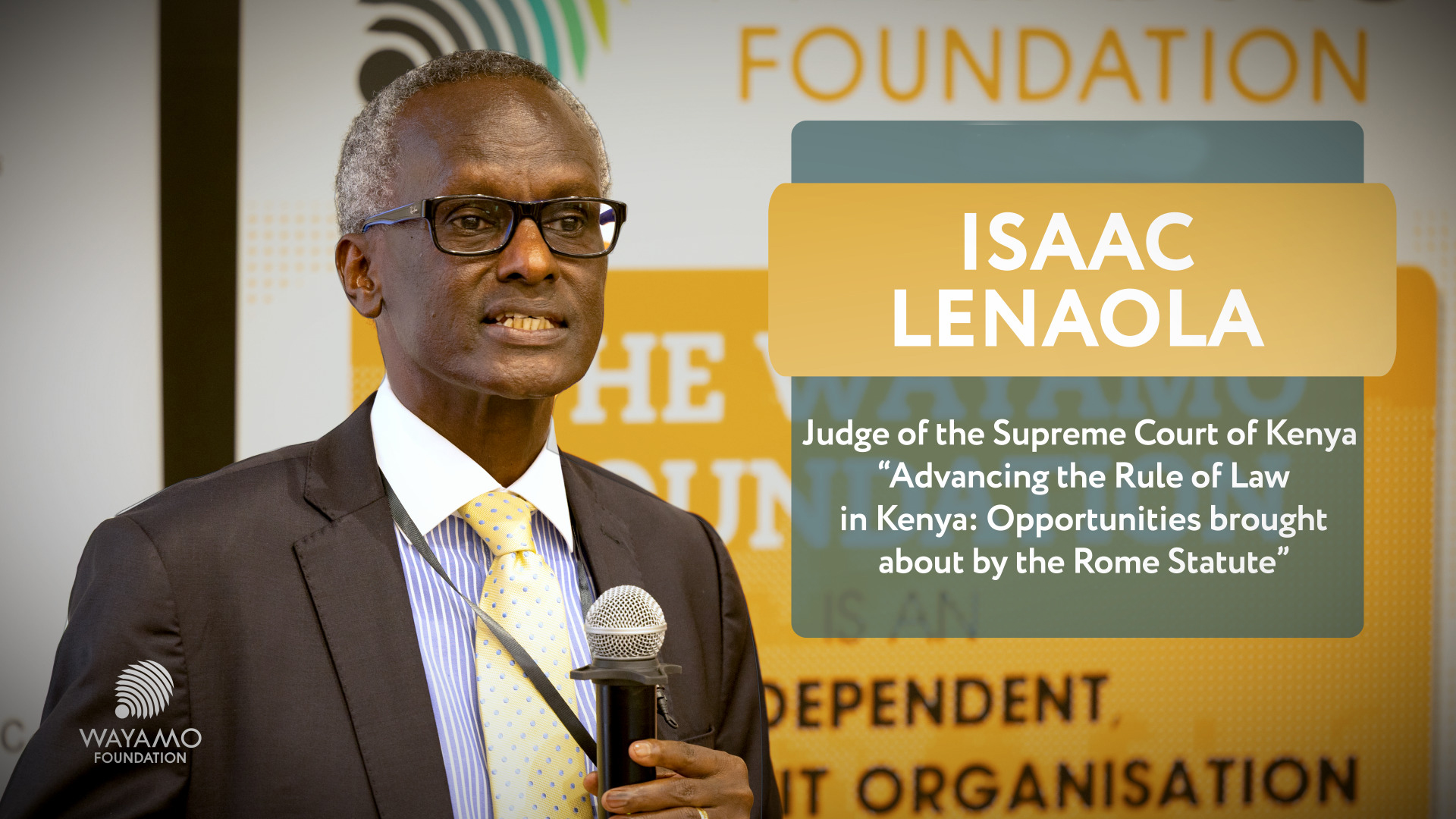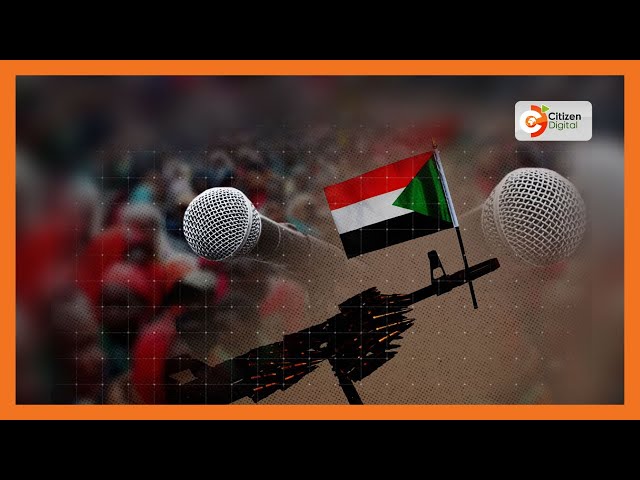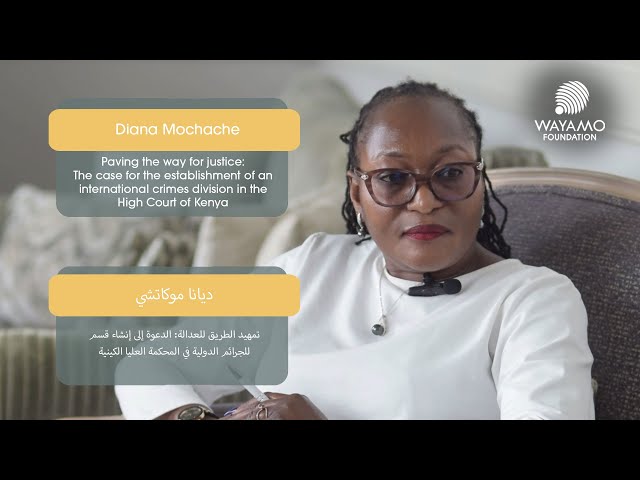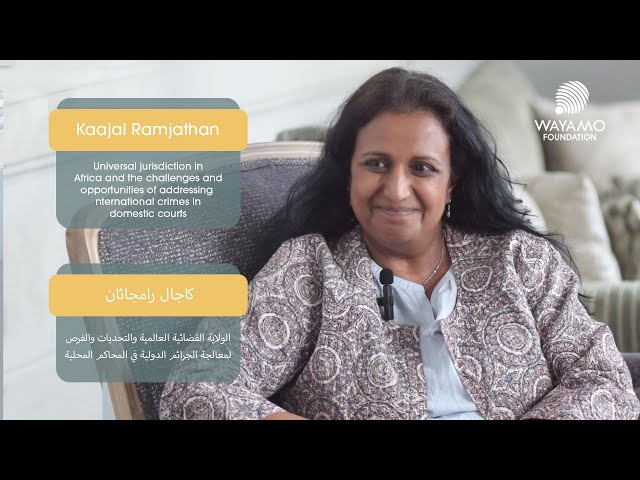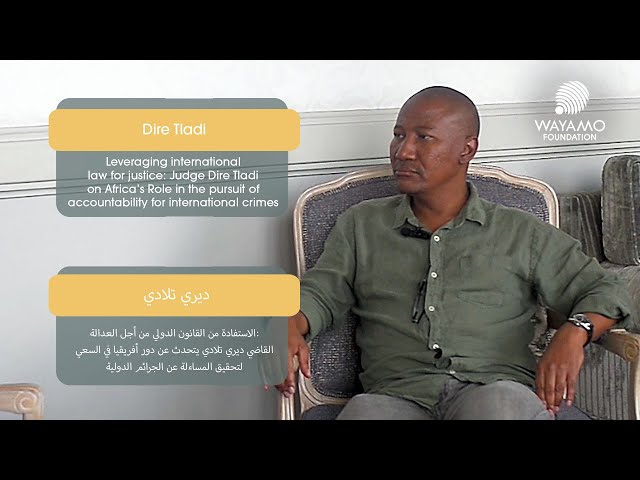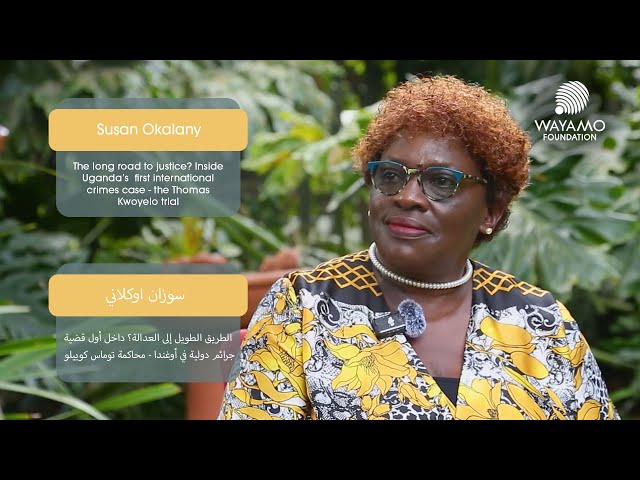11 July 2017
Interview with Mbacké Fall, Former Prosecutor of the Extraordinary African Chambers in Senegal, by Angela Mudukuti, International Criminal Justice Lawyer, Wayamo Foundation. ENGLISH TRANSLATION BELOW.
What were the lessons learnt from the Extraordinary African Chambers, and what where the successes?
We have had positive results. The African Chambers had a mandate to try those most responsible for the crimes committed in Chad during the period from 7 June 1982 to 1 December 1990. Habré and five of his closest collaborators were originally supposed to have been prosecuted but co-operation with Chad had its limits: Chad refused to surrender the five co-accused, invoking the principle of non-extradition of nationals. Through cross-checking, witness testimonies, and making thorough use of the
Documentation & Security Directorate (political police) records, we succeeded in gathering enough proof against Hissène Habré, which is why he was the only one to be held accountable by the court. The public prosecution succeeded in obtaining a guilty verdict against Hissène Habré on the counts of crimes against humanity, war crimes and torture. The Court accepted the victims’ claims for reparations and allocated funds for that purpose. The
African Chambers have thus honoured their mandate.
Does the development of specialised and internationalised courts mean the retreat of the work of the ICC?
The ICC bases its work on the principle of complementarity, with the result that national jurisdictions have the prime responsibility for prosecutions and the ICC is a court of last resort. The creation of hybrid tribunals can bring the principle of complementarity into force. For example, if an ICC Member State wishes to adjudicate international crimes but lacks the necessary funds, the country can ask the African Union to create a structure such as the Extraordinary African Chambers. Funding is crucial and thus a
major problem for the creation of such structures. International judicial co-operation is also essential, since without the co-operation of the country in which the evidence
of the alleged crimes is to be found, funding is futile.
What is the importance of victim participation, and how do we gain victims’ trust?
In our civil law system victims have their own place in the procedure. Victims participate via civil proceedings, claiming reparations for the damages caused by the accused in the same way as in a public prosecution. When victims become civil parties to the action, they participate in the corroboration of proof and also bring elements of proof against the accused. It is the prosecutor
who seeks a “guilty” verdict and a certain sentence. In all other respects, however, these people work alongside the prosecutor.
Can we say that the only way to end impunity in Africa is through these specialised courts?
This is not the only way to end impunity in Africa. It is primarily the national courts that play this role. But if States do not have the capacity to do so and if the African Union supports them in this task, there is nothing against intermediate structures being created, especially when such structures participate in ending impunity.

